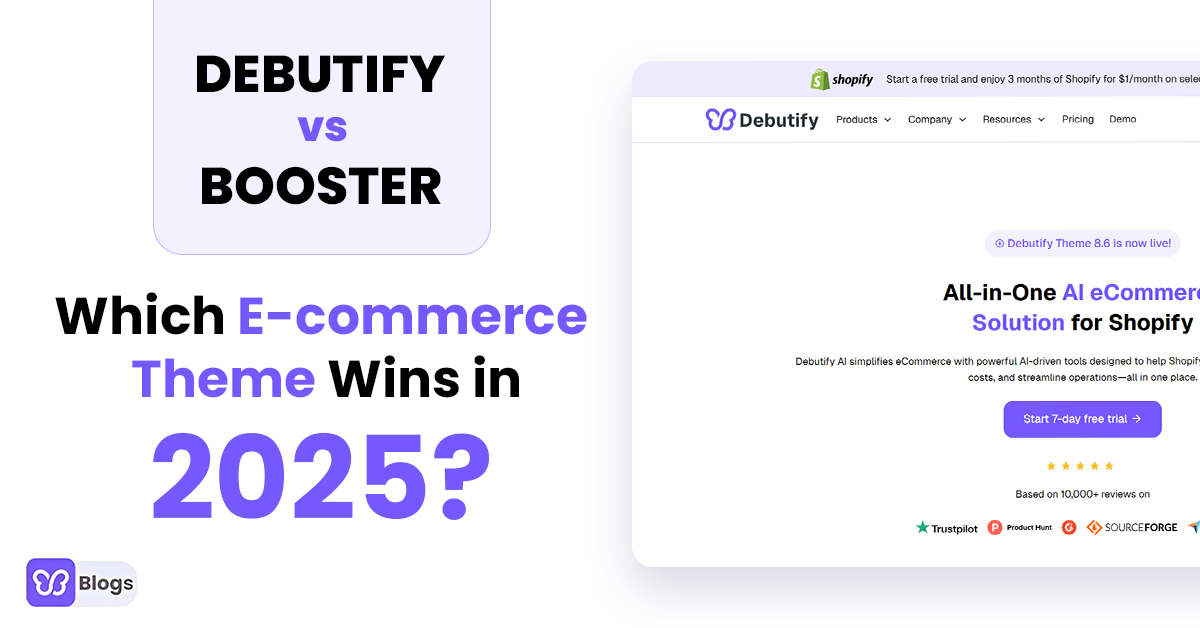Your customers aren't just numbers. They're people with needs, habits, and preferences. Therefore, to succeed in eCommerce, understanding them is crucial.
It's essential to know who your customers are and how they move through the buying process. This is where online buyer personas and the customer journey come in. Together, they form the foundation of a thriving eCommerce marketing strategy.
But how do they connect? And why does mapping this journey around your buyer personas matter so much?








